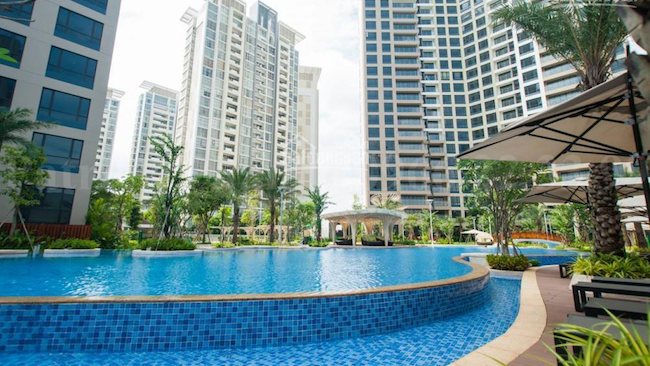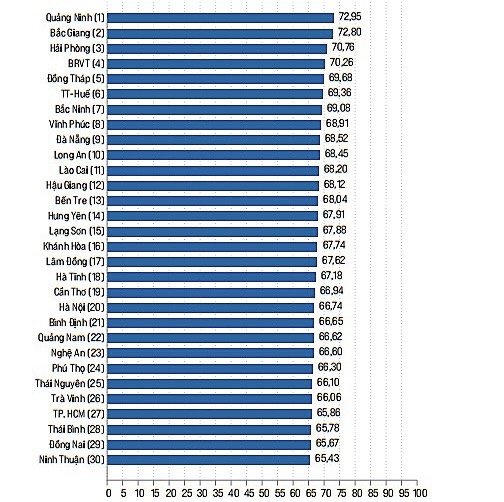Property management planning should be an essential part of any high-value property development project, according to Gareth Powell, Director of Property & Asset Management at JLL in Vietnam.
He added that it was important for developers to consider high-quality construction and design but also consider the efficiency of building operation and end-user/occupier requirements.
Many property developers in Vietnam are potentially overlooking the importance of the early appointment of a qualified property manager, at the design or construction phase, to control operating costs and remedy potential design issues, prior to handover for building operation.
Property management is one of the major factors influencing the efficiency of building operations, and subsequently operating costs. A well-designed building should allow for efficient property management.
He pointed out that “the main objective for a property management company is to help their clients maximise operational efficiency, minimise costs and risks, and ensure end user/occupier satisfaction.”
Many buildings feature astonishing architectural exterior and interior designs. However, some of these designs do not allow for the highest efficiency in terms of building operation or space utilisation and in some cases can make the property management/maintenance costlier and/or expose the building at higher risks.
Such hurdles, according to Gareth Powell, can be avoided if property management is taken into consideration at every stage of project development. As an example, some buildings are designed to feature unnecessarily extra-large common areas, leading to excessive operating costs.
Positioning facilities in lower levels can allow for a more rentable area in the higher levels that typically fetches higher rents.
User friendliness
A user-friendly building typically refers to a building that is designed and constructed and operates to have a favorable impact on wellbeing and satisfaction of its users, with ‘occupier wellbeing’ being such a big topic. “Occupier wellbeing” is currently a trending topic.
Architects, interior designers, PropTech companies and real estate service providers have all increasingly recognized the necessity for better understanding in this space as it is ultimately tenants and occupiers who provide the revenue streams for buildings”, says Powell.
“Property management is one of the elements that play a key role in end users wellbeing and satisfaction. Strategic management and streamlined operating procedures can be planned ahead to help developers achieve this objective. It must not be forgotten that tenants and occupiers provide the revenue streams for these developments,” he adds.
A changing trend
According to Powell, currently, property management sits quite low on the list of priorities of developers, perhaps due to a lack of understanding of the benefits and value of what true international property management can bring. In the next few years, the mindset for Vietnamese developers must change.
Property managers need to get more involved as a part of the development team at an early stage. As the market matures and competition increases, it is important for developers to distinguish themselves from the competition, not just in design but also in successful high-end management services for the end users post construction.
“Experienced property management firms who have in-depth knowledge of property management operations, tenant behavior, global and regional trends, and operating costs from all different asset classes, will be able to meaningfully contribute to successful space planning, more accurate and efficient building design, utility benchmarking and budgeting, risk management, end-user amenities, and all other areas of vital management operations post construction,” Powell concludes.


